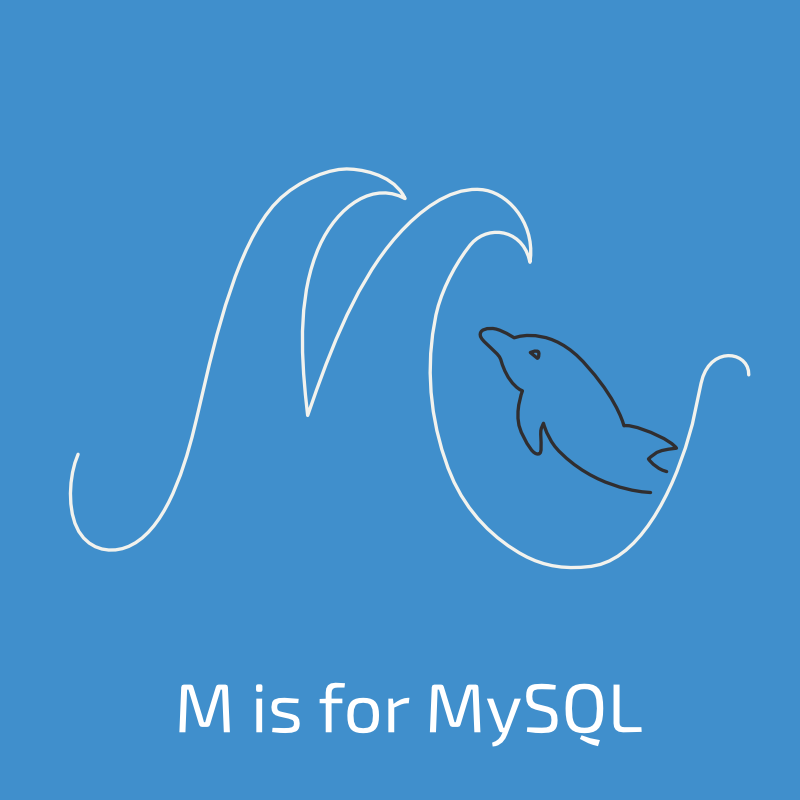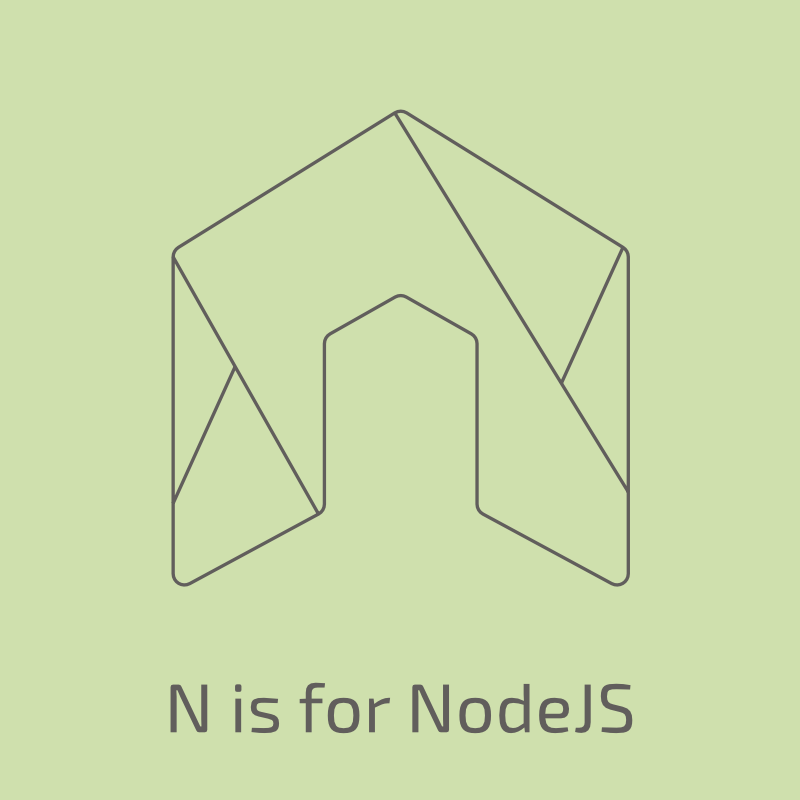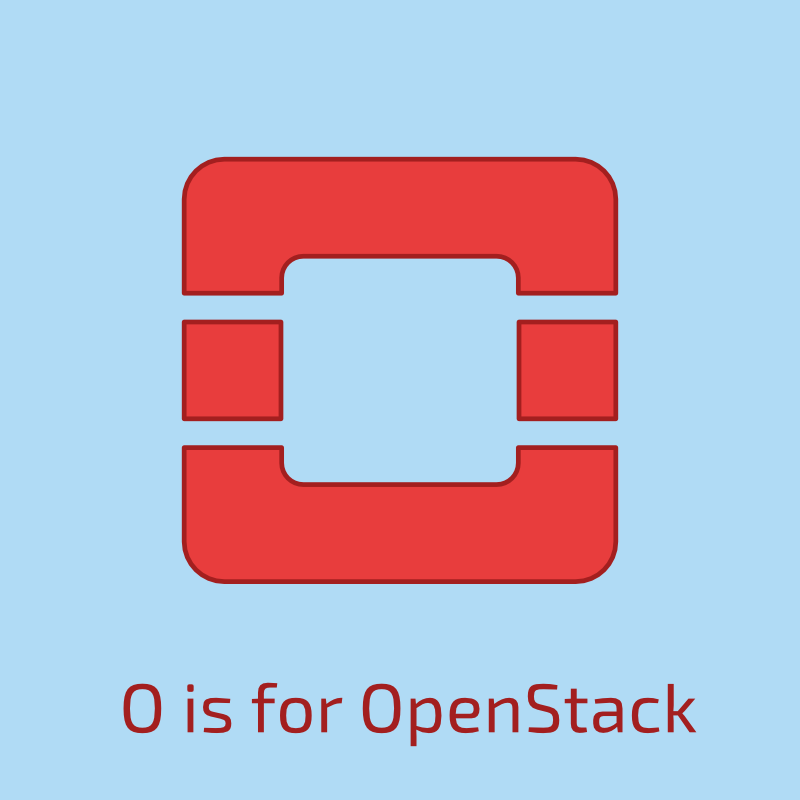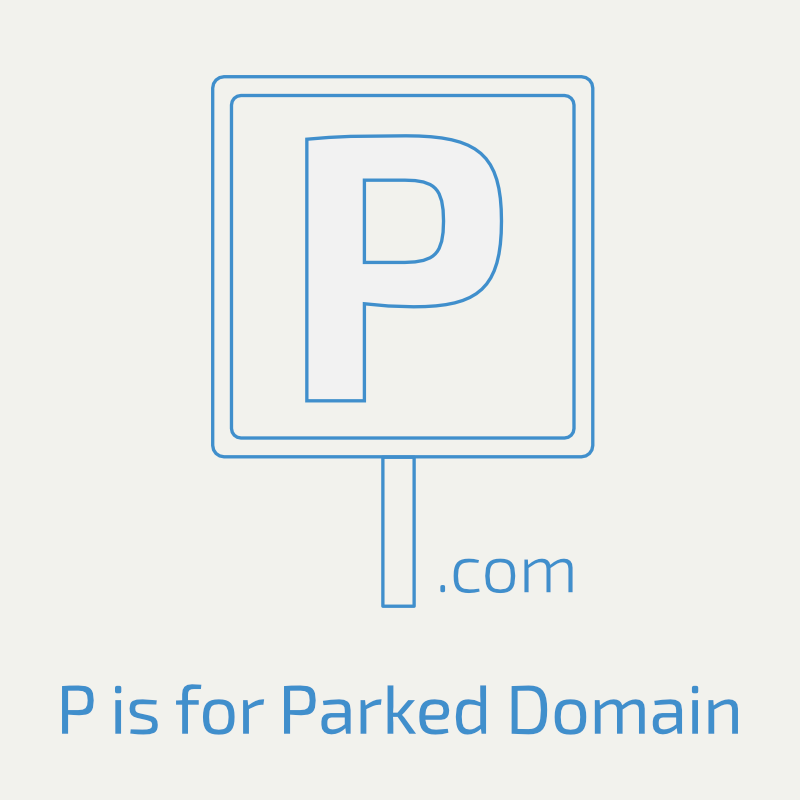
Atomia’s ABC of Hosting: M-P
Welcome to the fourth part of our ABC of Hosting series, in which we take a quick look at some industry essentials. This time we focus on the letters M to P.

M is for MySQL
MySQL is an open-source relational database management system (RDBMS). Its name is a combination of “My”, the name of co-founder Michael Widenius’ daughter, and “SQL”, the abbreviation for Structured Query Language. The MySQL development project has made its source code available under the terms of the GNU General Public License, as well as under a variety of proprietary agreements. MySQL was owned and sponsored by a single for-profit firm, the Swedish company MySQL AB, now owned by Oracle Corporation. For proprietary use, several paid editions are available, and offer additional functionality.

N is for NodeJS
Node.js is an open-source, cross-platform JavaScript run-time environment for executing JavaScript code server-side. Historically, JavaScript was used primarily for client-side scripting, in which scripts written in JavaScript are embedded in a webpage’s HTML, to be run client-side by a JavaScript engine in the user’s web browser. Node.js enables JavaScript to be used for server-side scripting, and runs scripts server-side to produce dynamic web page content before the page is sent to the user’s web browser. Consequently, Node.js has become one of the foundational elements of the “JavaScript everywhere” paradigm, allowing web application development to unify around a single programming language, rather than rely on a different language for writing server side scripts.
Atomia Automation Server has powerful and scalable File System Agent written in Node.js. Atomia DNS control panel (Atomia DNS Web App) is written in Node.js too.

O is for OpenStack
OpenStack is a free and open-source software platform for cloud computing, mostly deployed as infrastructure-as-a-service (IaaS), whereby virtual servers and other resources are made available to customers. The software platform consists of interrelated components that control diverse, multi-vendor hardware pools of processing, storage, and networking resources throughout a data center. Users either manage it through a web-based dashboard, through command-line tools, or through RESTful web services.
We have taken great care to make sure that Atomia and OpenStack play nice together so you always have a solid platform that your business can rely on.

P is for Parked domain
Domain parking refers to the registration of an internet domain name without that domain being associated with any services such as e-mail or a website. This may have been done with a view to reserving the domain name for future development, and to protect against the possibility of cybersquatting. Since the domain name registrar will have set name servers for the domain, the registrar or reseller potentially has use of the domain rather than the final registrant.
That’s it for this time, happy hosting and be sure to check your knowledge by reading all of Atomia’s ABC of Hosting posts.